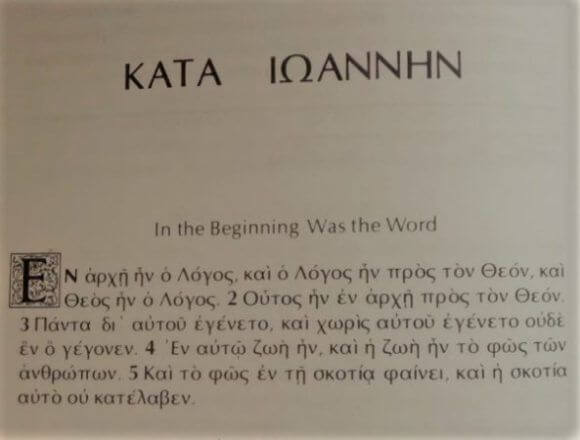How is it that someone who had absolutely nothing good in the ordinary sense of the word that he could offer God as for as works under the law are concerned, and yet, could be excepted into heaven with open arms of love? He had absolutely nothing in his life that he could boast about accomplishing like all those proud self righteous Pharisees who believed that they knew God better than anyone else, and they were keeping His laws down to the very jot and tittle. I’ll tell you how he made it into heaven. He had the audacity of FAITH to believe in Jesus! That He had the power to forgive him, and justify him from all things that the law never could have!
Rom 4:5 But to him that worketh not, but believeth on him that justifieth the ungodly, his faith is counted for righteousness.
Glory to be to God! The thief is chilling with Jesus in paradise , and all those proud self righteous Pharisees who thought knew the law of God, and kept the law better than anyone else are chilling in the lowest bowels of hell unless they repented of their self righteous evil wickedness. The very ones who thought that they knew God and His ways the best, are the very ones who vehemently hated God the most and wanted to kill Him when He was right there in front of their faces.
The tree of life, and the tree of the knowledge of good and evil in the garden. The tree of life is Jesus Christ. Now, here is one of the most mysterious passages in all of scripture where Moses is rehashing to the children of Israel a conversation that he had with the LORD, and this is what the LORD is saying to Moses:
Deu 1:37 Also the LORD was angry with me for your sakes, saying, Thou also shalt not go in thither.
Deu 1:38 But Joshua the son of Nun, which standeth before thee, he shall go in thither: encourage him: for he shall cause Israel to inherit it.
Deu 1:39 Moreover your little ones, which ye said should be a prey, and your children, which in that day had no knowledge between good and evil, they shall go in thither, and unto them will I give it, and they shall possess it.
Where do you think the knowledge of good and evil comes from? The law
Rom 4:5 But to him that worketh not, but believeth on him that justifieth the ungodly, his faith is counted for righteousness.
Glory to be to God! The thief is chilling with Jesus in paradise , and all those proud self righteous Pharisees who thought knew the law of God, and kept the law better than anyone else are chilling in the lowest bowels of hell unless they repented of their self righteous evil wickedness. The very ones who thought that they knew God and His ways the best, are the very ones who vehemently hated God the most and wanted to kill Him when He was right there in front of their faces.
The tree of life, and the tree of the knowledge of good and evil in the garden. The tree of life is Jesus Christ. Now, here is one of the most mysterious passages in all of scripture where Moses is rehashing to the children of Israel a conversation that he had with the LORD, and this is what the LORD is saying to Moses:
Deu 1:37 Also the LORD was angry with me for your sakes, saying, Thou also shalt not go in thither.
Deu 1:38 But Joshua the son of Nun, which standeth before thee, he shall go in thither: encourage him: for he shall cause Israel to inherit it.
Deu 1:39 Moreover your little ones, which ye said should be a prey, and your children, which in that day had no knowledge between good and evil, they shall go in thither, and unto them will I give it, and they shall possess it.
Where do you think the knowledge of good and evil comes from? The law



